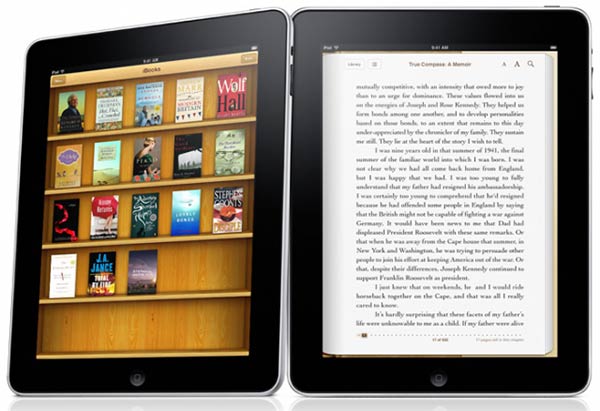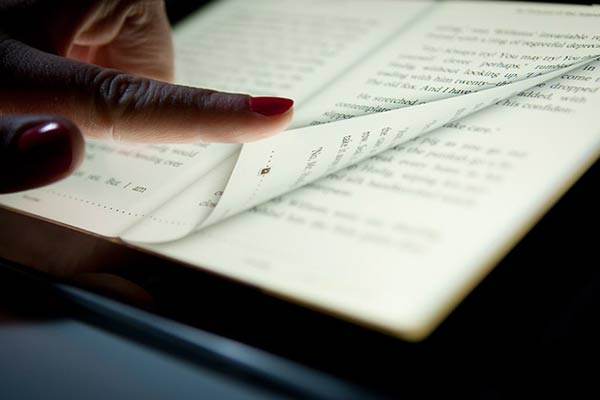As a result of it conspiring with publishing companies to raise e-books prices, a state and consumer antitrust claim of over $840 (£510) million has now hit Apple. This latest action stems from the successful antitrust lawsuit against the firm by the US Justice Department from last year.
Using evidence provided by last year's trial, lead attorney Steve Berman is determined to make Apple pay for its deal with publishers and its hike of the price of E-books from $9.99 to $12.99. The non-jury trial was concluded by U.S. District Judge Denise Cote, finding the company liable for the conspiracy and also to 33 states that joined the U.S. Justice Department in its suit.

Cote concluded following the trial that "the publisher defendants conspired with each other to eliminate retail price competition in order to raise e-book prices, and that Apple played a central role in facilitating and executing that conspiracy." Also due to this big-player conspiracy "the prices in the nascent e-book industry shifted upward, in some cases 50 percent or more or an individual title," Cote added.
The damages claim, filed last Friday in New York, asserts that Apple owes American E-book customers a minimum of $280 as a consequence of the industry-wide rise in E-book prices during its period of collusion with the publishers. However various states and consumers are intending to file for the amount to be tripled ( to $840 million) under antitrust law as the conspiracy has already been "conclusively proven". Bloomberg notes that this sum, though it sounds large, is a mere 0.5 per cent of the $158.8 (£96.4) billion cash Apple hold as of the end of 2013.

Apple is appealing the trial judgement and asking for a compliance monitor to be removed; "The monitorship the district court imposed on Apple is unprecedented, impermissible, and unconstitutional," said Apple in an appeals court filing. The monitor has been put on hold for the last two weeks but a hearing will take place tomorrow to decide if it will be reinstated.













